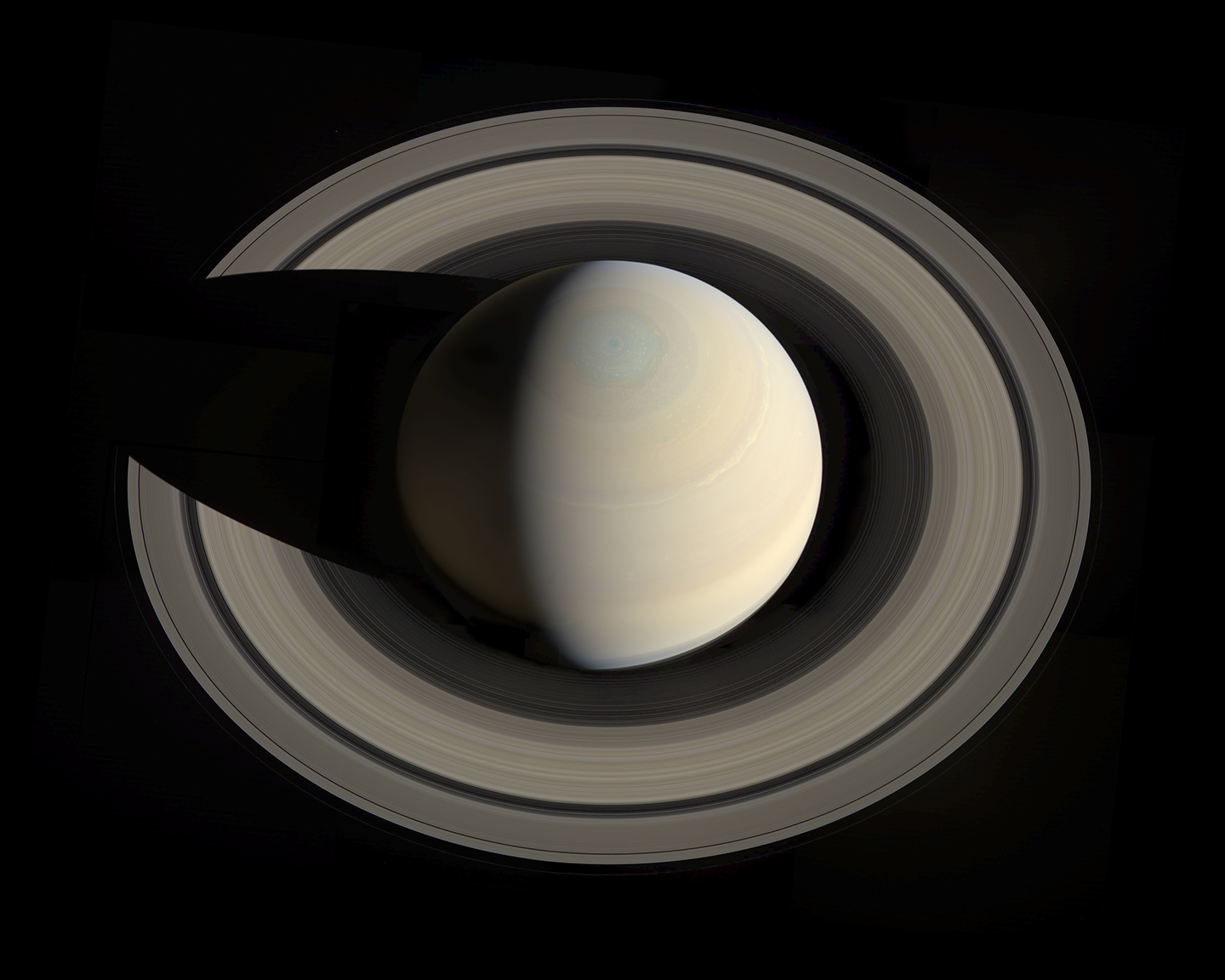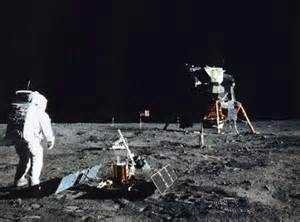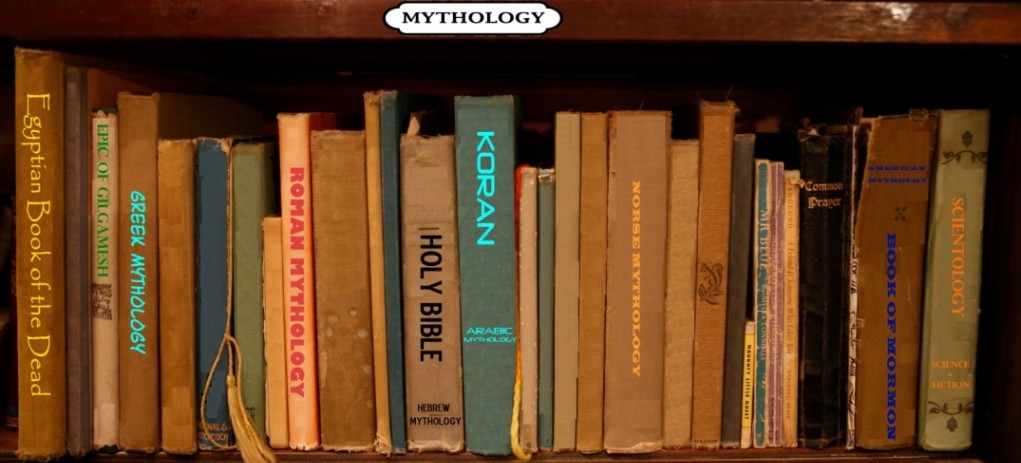
Science gives us the above:
Religion gives you the below:

They are not complementary ways of knowing. One is a path to knowledge, the other is bullshit.
“Science flies you to the moon, religion flies you into buildings.”
A saying attributed to the physicist and secular writer Victor Stenger that captures the distinction all too well.
Many people even if they might agree with the above, still don’t like the breadth and ascendancy of science as if it were an evil force of some kind.
“Blind faith in science” is how one social scientist termed it. That phrase belies the disdain for science and the misunderstanding of what science isn’t… just another religion, merely another ideology.
Let’s unpack this four word phrase, shall we?
All faith is blind in the sense that it is defined as “belief without evidence.” Often faith can require “putting on the blinders” in that it sometimes persists even in spite of contrary evidence, which is to be ignored and explained away at all costs to maintain the “faith.” One need only observe modern day Creationism.
There is no “faith” to be had in science. It works. There is so much evidence that science is an incredibly functional way of finding out how the world really works that “faith” is the last thing one needs to believe and proclaim that it works and the knowledge it produces is good for us all.
It is not equivalent to a religion in any way.
This same social scientist hoped that the blind faith in science will wind up in the dustbin of history. Again, a common enough plaint.
Trusting science as the only way of knowing about the world is termed “scientism” and used and meant by many as a perjorative term.
I embrace it.
There may be many other ways of experiencing the world: art, music, drama, literature, and the like but through them we explore the patterns of this world that we already know about, often permutate them to create glimpses of whole other worlds that exist only on our imaginations (the patterns don’t hold in this one) and they are wonderful and a not-to-be-missed component of the human condition, but they derive no new information about the actual world we live in. They can’t, don’t. It is called art, fantasy, fiction for good reason and the moving experiences we get from art and music, or reading a good fiction book for example are marvelous, but they do not uncover new reliable information about our world, they are not “alternative ways of knowing.”
Meditation, mindfulness, introspection are also sometimes claimed as “ways of knowing” in opposition to science and they also provide deep subjective experiences and calming effects, but are not a reliable path to new knowledge about how the world works.
Nothing replaces hypothesis and test, observation and experimentation, the discovery and public verification of knowledge about our world that works for all of us.
Science is a species-wide endeavor that everyone can and does engage in, some formally in scientific careers, all of us when we fix the sink or figure out why our car doesn’t start, without resorting to prayer or divination for answers.

“Science flies you to the moon…”

“… Religion flies you into buildings.”
Some people object to Stenger’s statement as science surely is responsible for both. Science made both the lunar lander and the planes that flew into the world trade center. So science is at fault. Not.
The classic example touted for decades of course, is nuclear power which is used to generate electricity and power ships, submarines, space exploration vehicles and the like, but was first used for the atom bomb dropped on civilians in WWII, and is now deployed in thousands of fission and fusion warheads all over the world by the nuclear nations. According to the standard reasoning if nuclear science knowledge is used for destruction the shame lies on the heads of the scientists.
On that same reasoning then we should never have discovered the oil that powers so much our modern world or made the fertilizers that feed not millions, but billions. That lethal combination was employed to bring down the Murrah Federal Building in Oklahoma city in 1995, killing 168 and wounding nearly another 700.
Science didn’t bring down that building, ideology did. This time it wasn’t predominantly a religious motivation but more a political one. But it was motivated by all too similar foolish, unrealistic attitudes and personal untested beliefs (the opposite of public knowledge) that all too often allow some of us to supersede normal human empathy. Science on the other hand, besides discovering public knowledge, is not just a cold amassing of facts but a celebration of hard work, insight and reason and is driven not solely by a personal thrill of discovery but in the vast majority of scientists at work it is guided strongly by their normal human empathy: a desire to make the world better for others by knowing how the world works; enough to make it better for all.
Ideologies kill. Not science.
“Ideologies fly you into buildings” might be the better way to say it.
Science or scientism is not another ideology imbued with “blind faith” that should be relegated to the “dustbin of history.” It is not another ideology at all.
We’ll explore that angle in part two. Next post.
(901)
